Signs of the Times • 9 December 2016 • No. 99
¶ Processional. “If your world has only done you wrong / And all you find yourself is all alone / And if there's no one there to see you through / I'll be there for you.” —The Mavericks, “Come Unto Me”

Above: "Frog Tree," photo by Harfian Herdi.
Introduction
The renewing significance of Mary’s Magnificat
At first glance, through modernity’s eyes, Mary’s encounter with the angel’s natal announcement—and her annunciating response—appears to be a form of self-subjugation.
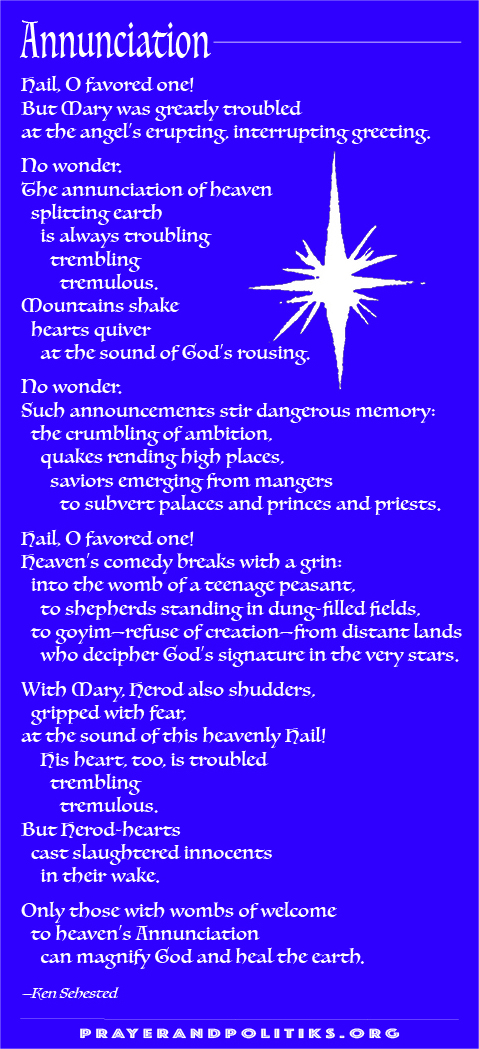 Is Luke’s story a case of a colonized mind? Did she actively concede to her own binding and bonding? Should we insist on a more assertive, individuated figure to front the Christmas story?
Is Luke’s story a case of a colonized mind? Did she actively concede to her own binding and bonding? Should we insist on a more assertive, individuated figure to front the Christmas story?
I, for one, think not.
Does the manger’s straw have a ghost of a chance against sharpened steel? Can there be any lingering question about the dominance of shock and awe’s rule?
I, for one, think so. . . .
Indeed, our deepest social need involves restoring a spiritual vision powerful enough to dispel the deception that we are on our own, that might makes right, that independence (freedom) involves no interdependence. . . .
To highlight Mary’s subversive song of faith in Luke 1, the major theme of this issue of Signs of the Times records many small acts of resistance and rebuilding in public life. . . . And to support Luke’s tale we’ve enlisted another text (outside Advent’s lectionary guidance), from Matthew 11:28, where Jesus urged, “Come unto me all you who are weary and heavy laden, and I will give you rest”—rest being anything but passivity. . . .
There is an amazing array of songs that utilize the “Come Unto Me” refrain. . . . All of this issue’s musical recommendations come from that collection.
In no way was Mary “meek and mild,” as Christmas hymnody would have us believe. What we urgently need to remember is that all the characteristics Gospel writers assigned to Jesus—savior, prince of peace, incarnate god, ruler of the world—were titles ascribed to Roman Emperor Caesar Augustus.
The struggle over legitimate claim to that throne continues still. —read all of Ken Sehested’s “The renewing significance of Mary’s Magnificant”
¶ Invocation. Listen to a reading (2:11) of Evelyn Underhill’s poem, “Immanence.”
¶ Creative acts of resistance in everyday clothes. Singer/songwriter David LaMotte’s children’s book, White Flour, isn’t about tinseled holiday trees, but it is about the power unleashed in the Nativity. (5:42 video. You can also buy the book.)
 ¶ “Meet the Texas man who went viral after standing outside a mosque with a sign reading ‘You Belong.’" (0:38 video. Thanks Bill.)
¶ “Meet the Texas man who went viral after standing outside a mosque with a sign reading ‘You Belong.’" (0:38 video. Thanks Bill.)
¶ First urban “agrihood.” “This week, the Michigan Urban Farming Initiative (see photo at left by Michelle & Chris Gerard ) revealed its plans for the first Sustainable Urban Agrihood in the North End [of Detroit]. Wait, an agrihood? It’s an alternative neighborhood growth model, positioning agriculture as the centerpiece of a mixed-use development. There are some agrihoods around the country, but in rural areas. This is the first within a city.” —Robin Runyan, Curbed Detroit
¶ Call to worship. “Fretfully does my heart drag its heels into the sanctuary of delight. For my wanton days and weary praise reveal the toll taken by life’s relentless demands. / To where shall I appeal for release from such encumbrance? To whom shall I entreat to lay these burdens down? —continued reading Ken Sehested’s “Come Unto Me,” a litany for worship inspired by Matthew 11:28-30
¶ “All geography is local, and the salvation of that grand generality, “the environment,” often comes down to a 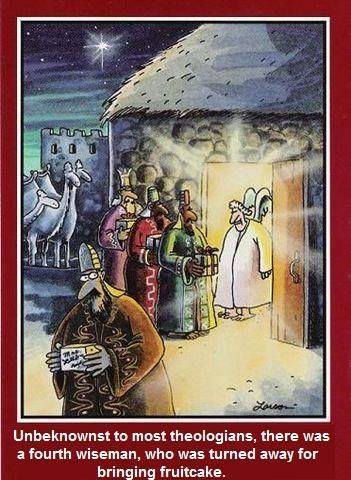 fight on the part of local citizens to defend a particular river, forest, or at-risk species. . . .
fight on the part of local citizens to defend a particular river, forest, or at-risk species. . . .
“As important as resistance efforts will be, pouring all our energy into opposition may be poor strategy. Just as important will be building local alternatives—cooperative institutions and enterprises, including community land trusts, city-owned public banks, credit unions, and publicly owned utilities investing in renewables. . . .”
“Localism is a long, slow, patient path that requires trust, patience, and hard work. Such mundane work may sound boring in a time of political crisis and turmoil. But it may soon get a lot more interesting.” —Richard Heinberg, “Localism in the Age of Trump," commondreams
¶ For an extended personal mediation or group discussion. “Walking with Oak Creek” is a very moving 33-minute documentary about the attack against a Sikh place of worship in Wisconsin and the community’s response. Available on-line or order a free DVD. (Thanks Dan.)
¶ Hymn of praise. “Come Unto Me,” Little Lucy Smith Singers (gospel).
¶ Between the 8 November election through 29 November, the Southern Poverty Law Center tallied 867 cases of hateful harassment and intimidation in the US. —Holly Yan, Kristina & Kylie Walker, CNN
¶ Hate crimes in New York City more than doubled (compared to the same period last year) since Donald J. Trump won the presidential election. —Sarah Maslin Nir, New York Times
¶ Hymn of consolation. “Come Unto Me,” The Chuck Wagon Gang (country).
¶ “On Monday, Native Americans conducted a forgiveness ceremony with U.S. veterans at the Standing Rock 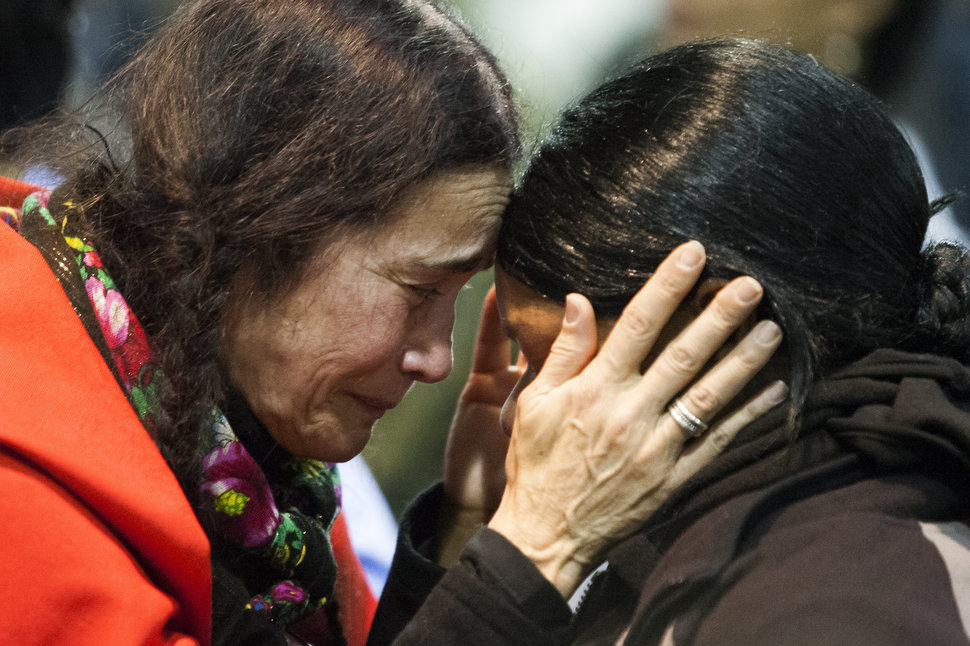 casino, giving the veterans an opportunity to atone for military actions conducted against Natives throughout history.” —Jenna Amatuill, Huffington Post
casino, giving the veterans an opportunity to atone for military actions conducted against Natives throughout history.” —Jenna Amatuill, Huffington Post
Left: Native American elders led a ritual of forgiveness for US military veterans. Photo by Josh Morgan for Huffington Post.
¶ Confession. “O God, I am frightened. Anxious are my waking hours and fretful is my sleep. Even as I pray I sense that desert sands in remote places are readied, eager, to bleach the bones of mothers’ sons, fathers’ daughters, children of us all. The corrupt, lustful glory of vain rulers now erupts across parched land. Hear our prayer, O Lord.” —continue reading Ken Sehested’s “Spirits collide: A conversation with Isaiah 35”
¶ Hymn of confirmation. “Come Unto Me,” The Bishops (bluegrass).
 ¶ “Twenty kids marched around a multipurpose room at Duke Memorial United Methodist Church on a recent Thursday, following the path of a cardboard highway that a day earlier they discovered had divided the city’s neighborhoods and altered their vision for the community.
¶ “Twenty kids marched around a multipurpose room at Duke Memorial United Methodist Church on a recent Thursday, following the path of a cardboard highway that a day earlier they discovered had divided the city’s neighborhoods and altered their vision for the community.
Right: Children sing at the community organizing camp in Durham, N.C. Photo via Franklin Golden/RNS.]
“‘Ain’t gonna let the freeway turn me around,’ they sang, hearkening back to the civil rights activism of the 1960s.
“Instead of the traditional Vacation Bible School, this downtown church partnered with seven other congregations—black, white, Baptist, Jewish, Episcopal, Pentecostal, and nondenominational—to put on a community-organizing camp for kids aged 4 to 12.” —Jesse James DeCanto, “Forget VBS. These Summer Camps Teach Kids to Be Community Activists,” sojo.net
¶ Words of assurance. “Come unto me, all ye that labor / And are heavy laden, I will give you rest / Take my yoke upon you and learn from me / For I am meek and lowly in heart.” —Elvis Presley, “Come Unto Me” (rockabilly)
¶ “Muslim, Christian, Jewish and Buddhist faith leaders gathered at Masjid Muhammad, the oldest mosque in our nation’s capital, to express solidarity with the Muslim community through a press conference and by 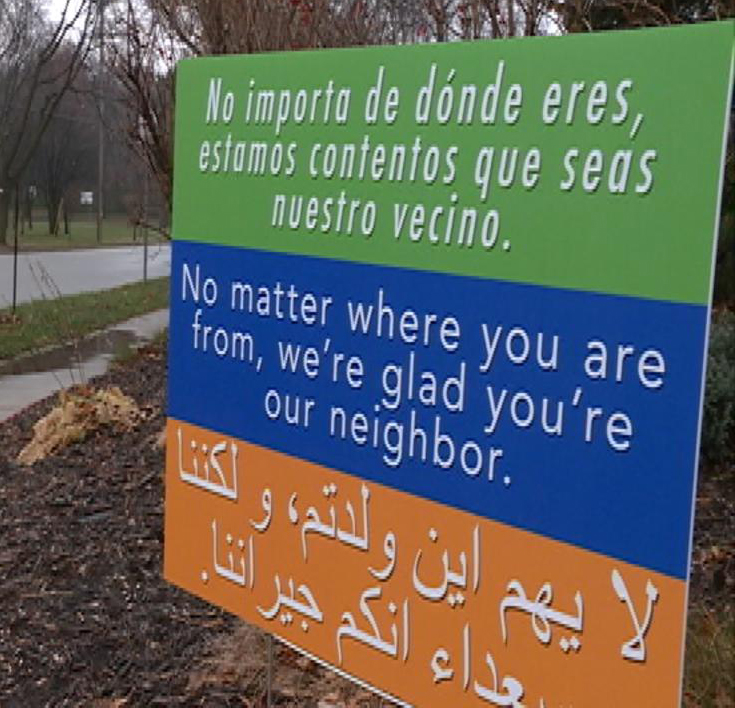 joining in Friday prayers at the mosque.” —Drew Gibson, Shoulder to Shoulder
joining in Friday prayers at the mosque.” —Drew Gibson, Shoulder to Shoulder
Signs like the one at left have appeared in numerous neighborhoods across the US.
¶ Professing our faith. From Rob Brezsny book, Pronoia Is the Antidote for Paranoia. “‘Pronoia’ is fueled by a drive to cultivate happiness and a determination to practice an aggressive form of gratitude that systematically identifies the things that are working well. But it is not a soothing diversion meant for timid Pollyannas strung out on optimistic delusions. . . . On the contrary, we build our optimism not through a repression of difficulty, but rather a vigorous engagement with it. We understand that the best way to attract blessings is to grapple with the knottiest enigmas." (Thanks Abigail.)
¶ Hymn of intercession. “Are you looking for someone to be gentle / With your broken heart your shattered dreams / And are you searching for someone who'll be faithful / To you no matter what life brings.” —Nicole C. Mullen, “Come Unto Me”
¶ When only the blues will do. “Come Unto Me,” Dawkins and Dawkins (rhythm & blues).
¶ By far my favorite Presidential Medal of Freedom award was to Ellen DeGeneres. (2:17 video)
¶ Preach it. “It’s time to put Herod back in Christmas. Not because we need any more Herods, but because it reveals that the sweet manger was placed in the midst of grave danger.” —continue reading Nancy Hastings Sehested’s sermon, “All’s wild with the world”
 ¶ “It is hard to know specifically how to position yourself in a country that can elect a man with such staggering ineptitude and open animus. It makes you doubt whatever faith you had in the country itself. . . . When I think of all these people [who will suffer under a Trump presidency] and then think of all the people who voted to make this man president—and those who didn’t vote, thereby easing the way for his ascension—I cannot help but feel some measure of anger. I must deal with that anger. I don’t want to wrestle it to the ground; I want to harness it.” —Charles M. Blow, “America Elects a Bigot,” The New York Times
¶ “It is hard to know specifically how to position yourself in a country that can elect a man with such staggering ineptitude and open animus. It makes you doubt whatever faith you had in the country itself. . . . When I think of all these people [who will suffer under a Trump presidency] and then think of all the people who voted to make this man president—and those who didn’t vote, thereby easing the way for his ascension—I cannot help but feel some measure of anger. I must deal with that anger. I don’t want to wrestle it to the ground; I want to harness it.” —Charles M. Blow, “America Elects a Bigot,” The New York Times
¶ Hymn of decision. “Come Unto Me,” West Coast Mennonite Chamber Choir.
¶ “Before we go into hard core resistance mode, we should listen carefully to the fear and sense of loss that was strong enough to overlook the obvious lack of decency. While it is hard to overlook the hot froth whipped up around race and gender we just don’t know how much was also about the loss of moral credibility of the privileged. We just elected one of the most weirdly privileged insiders of them all, but I know that’s most of his supporters were certainly not. We won’t get anywhere if we don’t listen.” —Gary Gunderson, “apart”
 ¶ Call to the table. “It is impossible, in the long run, to cleave the desire to help people from the duty to respect them. The smug style, at bottom, is a failure of empathy. Further: It is a failure to believe that empathy has any value at all. It is the notion that anybody worthy of liberal time and attention and respect must capitulate, immediately, to the Good Facts.
¶ Call to the table. “It is impossible, in the long run, to cleave the desire to help people from the duty to respect them. The smug style, at bottom, is a failure of empathy. Further: It is a failure to believe that empathy has any value at all. It is the notion that anybody worthy of liberal time and attention and respect must capitulate, immediately, to the Good Facts.
“This is not a call for civility. Manners are not enough. The smug style did not arise by accident, and it cannot be abolished with a little self-reproach. So long as liberals cannot find common cause with the larger section of the American working class, they will search for reasons to justify that failure. They will resent them. They will find, over and over, how easy it is to justify abandoning them further. They will choose the smug style.” —Emmett Rensin, “The smug style in American liberalism,” Vox
¶ “Speaking to MSNBC on Saturday morning, Dallas Mayor Mike Rawlings was asked to discuss the growing anxiety over Syrian refugees entering the United States, purportedly due to concerns they could be potential agents for militant groups such as ISIS. . . . He responded, ‘I am more fearful of large gatherings of white men that come into schools, theaters and shoot people up, but we don’t isolate young white men on this issue.’” —Jack Jenkins, ThinkProgress
¶ The state of our disunion. “It’s about the spirit of Christmas, you know, being out shopping with your family and all. —man interviewed on “Black Friday,” the day after Thanksgiving
 ¶ Can’t makes this sh*t up. This “Hipster Nativity Set” (pictured at right) can be yours for only $129.99. See more photos at Tara McGinley, “Sweet Jesus.” (Thanks Susan.)
¶ Can’t makes this sh*t up. This “Hipster Nativity Set” (pictured at right) can be yours for only $129.99. See more photos at Tara McGinley, “Sweet Jesus.” (Thanks Susan.)
¶ Best one-liner. “I don’t think God really cares about who wins football games.” —last year’s Super Bowl-winning Denver Broncos quarterback (and future hall-of-famer) Peyton Manning
¶ For the beauty of the earth. Watch this National Geographic video (1:51) of the world’s second-largest tree, the “President” in Sequoia National Park, photographed during a snow storm. The 3,200-year-old giant sequoia rises to a height of 247 feet and carries an estimated two billion needles.
¶ Altar call. “Come Unto Me,” Take 6 (jazz).
¶ Benediction. “The Christmas story is not about how blessed it is to be givers but about how essential it is to see ourselves as receivers. We prefer to think of ourselves as givers—powerful, competent, self-sufficient, capable people whose goodness motivates us to employ some of our power, competence and gifts to benefit the less fortunate. Which is a direct contradiction of the biblical account of the first Christmas. There we are portrayed not as the givers we wish we were but as the receivers we are.” —William Willimon
¶ Recessional. “Come Unto Me,” Metropolitan Tabernacle, London (traditional hymn).
¶ Lectionary for Sunday next. “Joseph: Obscured brother / consigned to the margins / of Incarnation 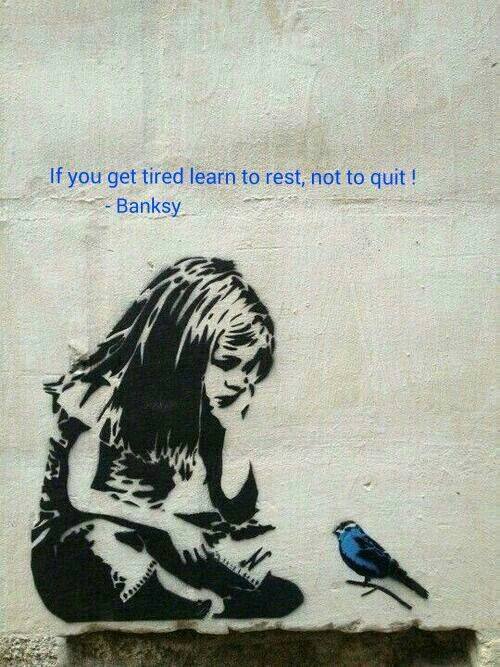 narrative. / Carpentry-calloused hands / now shield the shame / of sagging face, drooping, disgraced. / Chiseled lines prematurely sculpting / age in youthful countenance. / Thoughts of Mary smudge the heart / as tears smear the face.” —continue reading Ken Sehested’s poem, “Joseph,” inspired by Matthew 1:18-25
narrative. / Carpentry-calloused hands / now shield the shame / of sagging face, drooping, disgraced. / Chiseled lines prematurely sculpting / age in youthful countenance. / Thoughts of Mary smudge the heart / as tears smear the face.” —continue reading Ken Sehested’s poem, “Joseph,” inspired by Matthew 1:18-25
¶ Just for fun. Mr. Bean directs the Christmas orchestra (2:22 video).
¶ More than just for fun—this is PRICELESS. “Christmas According to Kids, Southland Christian Church.” (3:15 video. Thanks Abigail.)
# # #
Featured this week on prayer&politiks
• “All’s wild with the world,” a sermon on Mary’s “Magnificat” by Nancy Hastings Sehested
• “Spirits collide: A conversation with Isaiah 35”
• “Come Unto Me,” a litany for worship inspired by Matthew 11:28-30
• “Joseph,” a poem inspired by Matthew 1:18-25
Other featured
 • “Advent & Christmas resources for worship,” litanies, poems, sermons and new lyrics to old hymns
• “Advent & Christmas resources for worship,” litanies, poems, sermons and new lyrics to old hymns
• “Prince of Peace: The birth of Jesus and the purposes of God,” a collection of texts
• “New secrets, waiting to be found,” a post-election sermon. Or view a video of the sermon.
©Ken Sehested @ prayerandpolitiks.org. Language not otherwise indicated above is that of the editor. Don’t let the “copyright” notice keep you from circulating material you find here (and elsewhere in this site). Reprint permission is hereby granted in advance for noncommercial purposes.
Your comments are always welcomed. If you have news, views, notes or quotes to add to the list above, please do. If you like what you read, pass this along to your friends. You can reach me directly at kensehested@prayerandpolitiks.org.


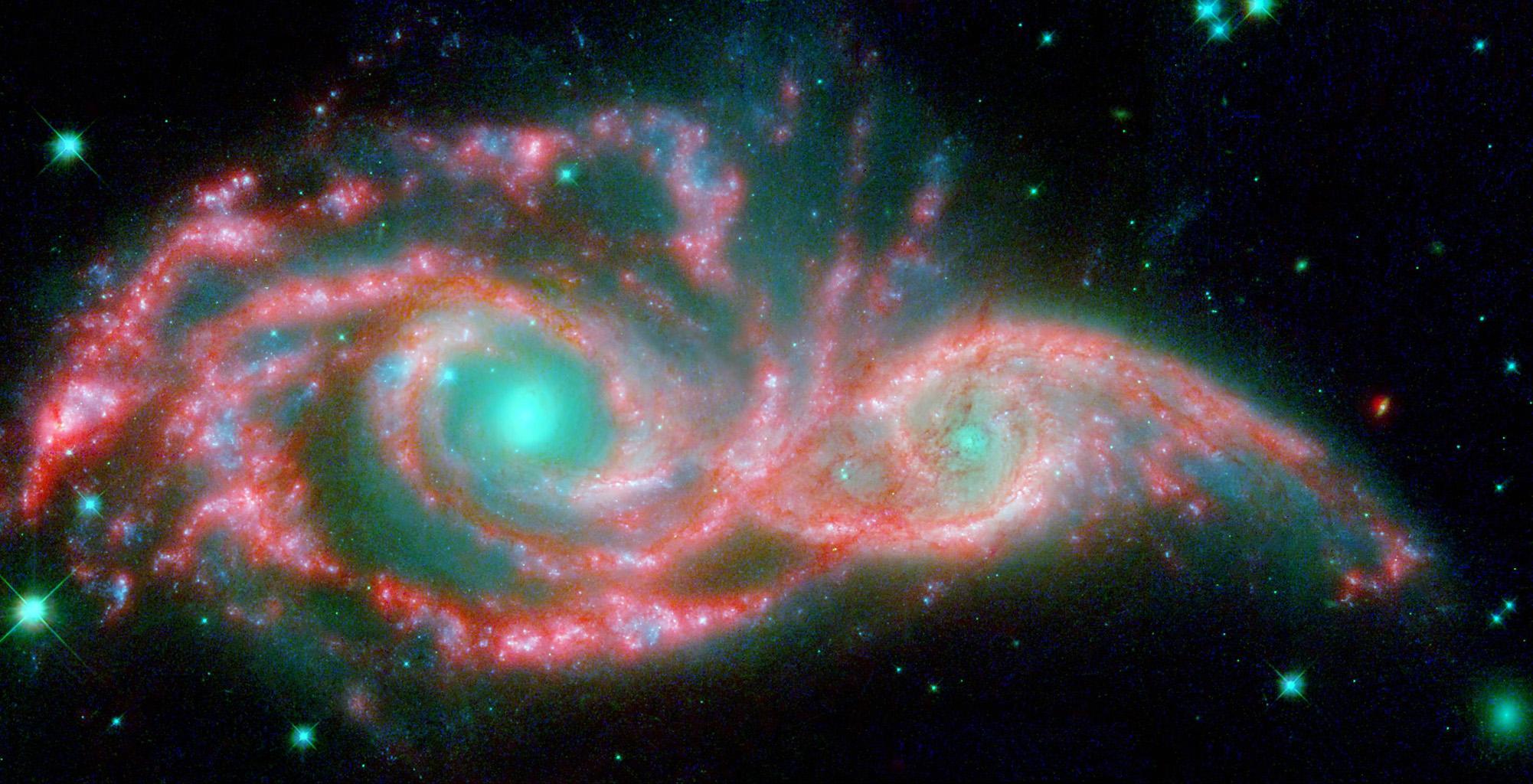
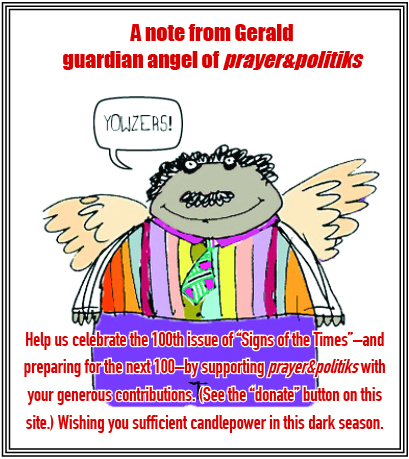 ¶ Invocation. “
¶ Invocation. “ grant us to be members / of thy blessed body.” —English translation of lyrics to “
grant us to be members / of thy blessed body.” —English translation of lyrics to “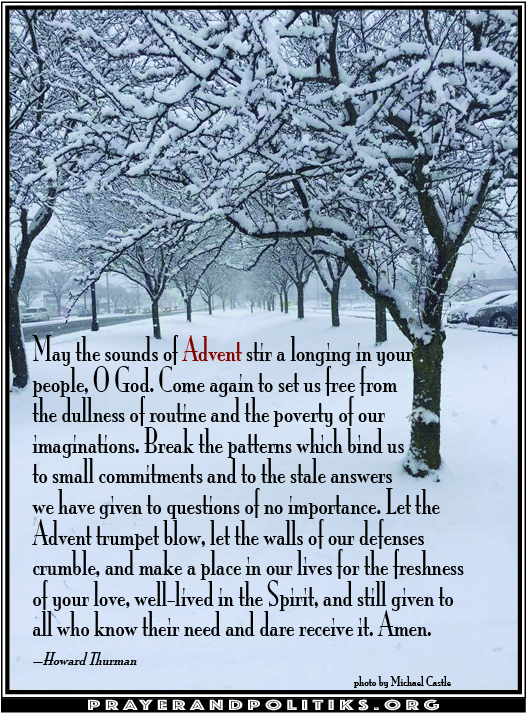 hate, but just the opposite is visible. ‘Hate’ and group animosities show up on the first pages of the Hebrew Scriptures/Bible, as they do in most holy books of faith communities. Almost all of these texts also propose, envision, or command the pursuit of ways for love and understanding to counter hate—and for, say, ‘acceptance’ to win over ‘discrimination.’ But 2016 was not the year to see much of that, despite some good efforts by Pope Francis and many less well-known charismatic, courageous, and tireless leaders and ordinary folk in their faith communities.” —
hate, but just the opposite is visible. ‘Hate’ and group animosities show up on the first pages of the Hebrew Scriptures/Bible, as they do in most holy books of faith communities. Almost all of these texts also propose, envision, or command the pursuit of ways for love and understanding to counter hate—and for, say, ‘acceptance’ to win over ‘discrimination.’ But 2016 was not the year to see much of that, despite some good efforts by Pope Francis and many less well-known charismatic, courageous, and tireless leaders and ordinary folk in their faith communities.” — the retirement savings of the 41% of U.S. families with the smallest reserves for their golden years, according to a new report. . . . The nest eggs of those chief executives are large enough to generate an average $253,088 in monthly retirement payments for the rest of their lives, the report said.” —
the retirement savings of the 41% of U.S. families with the smallest reserves for their golden years, according to a new report. . . . The nest eggs of those chief executives are large enough to generate an average $253,088 in monthly retirement payments for the rest of their lives, the report said.” —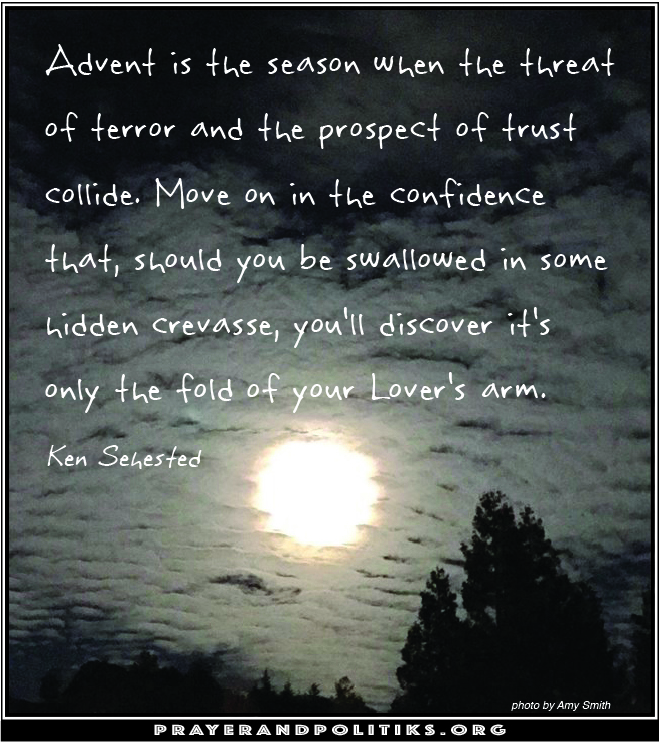 1987 Danish film directed by Gabriel Axel, “Babette’s Feast.” Based on a story by Isak Dinesen, it’s not centered on the holiday, but
1987 Danish film directed by Gabriel Axel, “Babette’s Feast.” Based on a story by Isak Dinesen, it’s not centered on the holiday, but  up in it.
up in it. we serve the truth.” —Joseph Kuilema
we serve the truth.” —Joseph Kuilema skipped over with a simple comma. Born. Died. Resurrected. It jumps from the cradle to the cross to the crown of glory in a breathless act of metaphysic logic. It references the incarnation—“God made flesh among us”—without much flesh!
skipped over with a simple comma. Born. Died. Resurrected. It jumps from the cradle to the cross to the crown of glory in a breathless act of metaphysic logic. It references the incarnation—“God made flesh among us”—without much flesh! Featured this week on prayer&politiks
Featured this week on prayer&politiks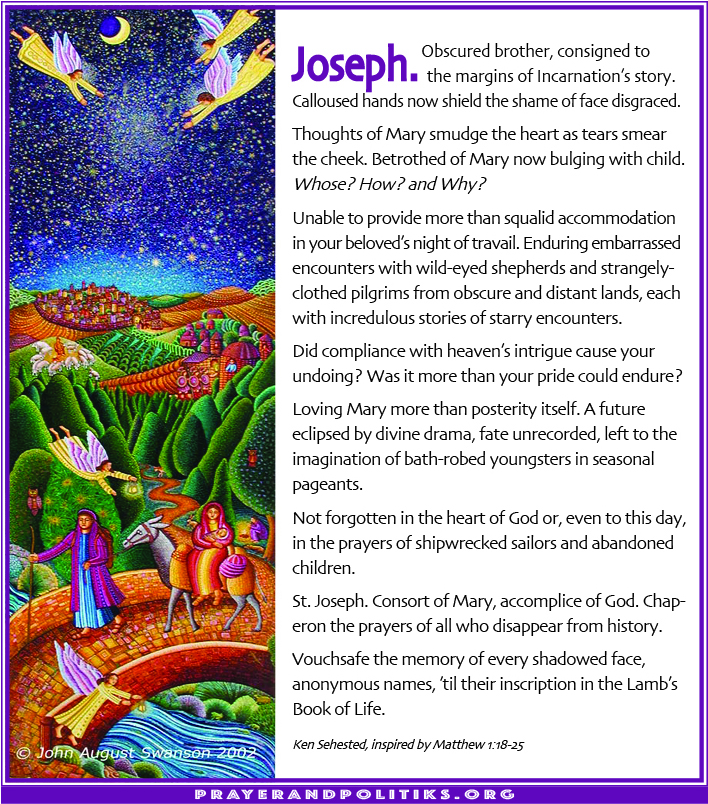

 Is Luke’s story a case of a colonized mind? Did she actively concede to her own binding and bonding? Should we insist on a more assertive, individuated figure to front the Christmas story?
Is Luke’s story a case of a colonized mind? Did she actively concede to her own binding and bonding? Should we insist on a more assertive, individuated figure to front the Christmas story? ¶ “Meet the Texas man who went viral after standing outside a mosque with a sign reading ‘You Belong.’" (0:38 video. Thanks Bill.)
¶ “Meet the Texas man who went viral after standing outside a mosque with a sign reading ‘You Belong.’" (0:38 video. Thanks Bill.) fight on the part of local citizens to defend a particular river, forest, or at-risk species. . . .
fight on the part of local citizens to defend a particular river, forest, or at-risk species. . . . casino, giving the veterans an opportunity to atone for military actions conducted against Natives throughout history.” —
casino, giving the veterans an opportunity to atone for military actions conducted against Natives throughout history.” — ¶ “Twenty kids marched around a multipurpose room at Duke Memorial United Methodist Church on a recent Thursday, following the path of a cardboard highway that a day earlier they discovered had divided the city’s neighborhoods and altered their vision for the community.
¶ “Twenty kids marched around a multipurpose room at Duke Memorial United Methodist Church on a recent Thursday, following the path of a cardboard highway that a day earlier they discovered had divided the city’s neighborhoods and altered their vision for the community. joining in Friday prayers at the mosque.” —
joining in Friday prayers at the mosque.” — ¶ “It is hard to know specifically how to position yourself in a country that can elect a man with such staggering ineptitude and open animus. It makes you doubt whatever faith you had in the country itself. . . . When I think of all these people [who will suffer under a Trump presidency] and then think of all the people who voted to make this man president—and those who didn’t vote, thereby easing the way for his ascension—I cannot help but feel some measure of anger. I must deal with that anger. I don’t want to wrestle it to the ground; I want to harness it.” —Charles M. Blow, “
¶ “It is hard to know specifically how to position yourself in a country that can elect a man with such staggering ineptitude and open animus. It makes you doubt whatever faith you had in the country itself. . . . When I think of all these people [who will suffer under a Trump presidency] and then think of all the people who voted to make this man president—and those who didn’t vote, thereby easing the way for his ascension—I cannot help but feel some measure of anger. I must deal with that anger. I don’t want to wrestle it to the ground; I want to harness it.” —Charles M. Blow, “ ¶ Call to the table. “It is impossible, in the long run, to cleave the desire to help people from the duty to respect them. The smug style, at bottom, is a failure of empathy. Further: It is a failure to believe that empathy has any value at all. It is the notion that anybody worthy of liberal time and attention and respect must capitulate, immediately, to the Good Facts.
¶ Call to the table. “It is impossible, in the long run, to cleave the desire to help people from the duty to respect them. The smug style, at bottom, is a failure of empathy. Further: It is a failure to believe that empathy has any value at all. It is the notion that anybody worthy of liberal time and attention and respect must capitulate, immediately, to the Good Facts. ¶ Can’t makes this sh*t up. This “Hipster Nativity Set” (pictured at right) can be yours for only $129.99. See more photos at Tara McGinley, “
¶ Can’t makes this sh*t up. This “Hipster Nativity Set” (pictured at right) can be yours for only $129.99. See more photos at Tara McGinley, “ narrative. / Carpentry-calloused hands / now shield the shame / of sagging face, drooping, disgraced. / Chiseled lines prematurely sculpting / age in youthful countenance. / Thoughts of Mary smudge the heart / as tears smear the face.” —continue reading Ken Sehested’s poem, “
narrative. / Carpentry-calloused hands / now shield the shame / of sagging face, drooping, disgraced. / Chiseled lines prematurely sculpting / age in youthful countenance. / Thoughts of Mary smudge the heart / as tears smear the face.” —continue reading Ken Sehested’s poem, “ • “
• “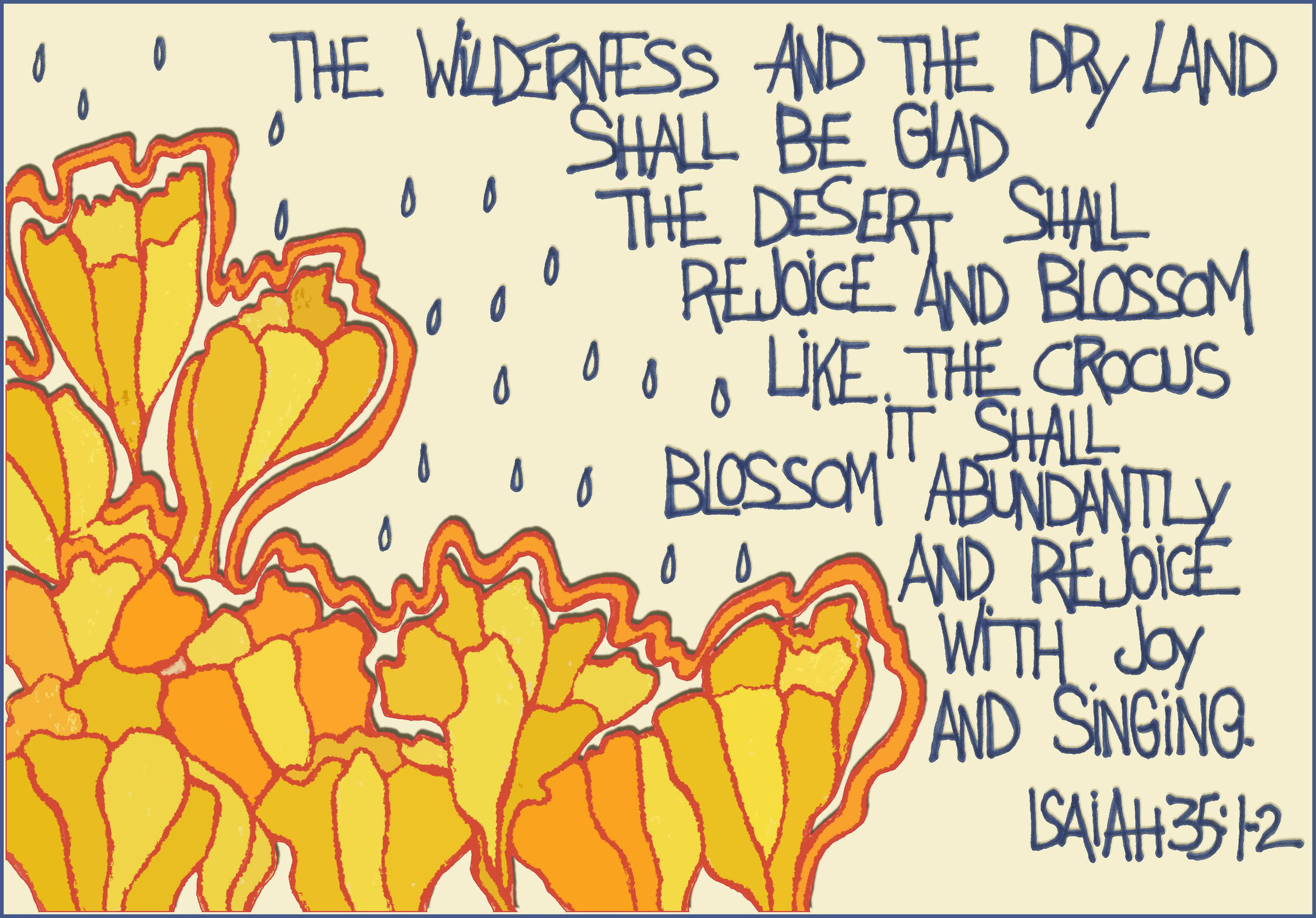 O God, I am frightened. Anxious are my waking hours and fretful is my sleep. Even as I pray I sense that desert sands in remote places are readied, eager, to bleach the bones of mothers’ sons, fathers’ daughters, children of us all. The corrupt, lustful glory of vain rulers now erupts across parched land. Hear our prayer, O Lord.
O God, I am frightened. Anxious are my waking hours and fretful is my sleep. Even as I pray I sense that desert sands in remote places are readied, eager, to bleach the bones of mothers’ sons, fathers’ daughters, children of us all. The corrupt, lustful glory of vain rulers now erupts across parched land. Hear our prayer, O Lord.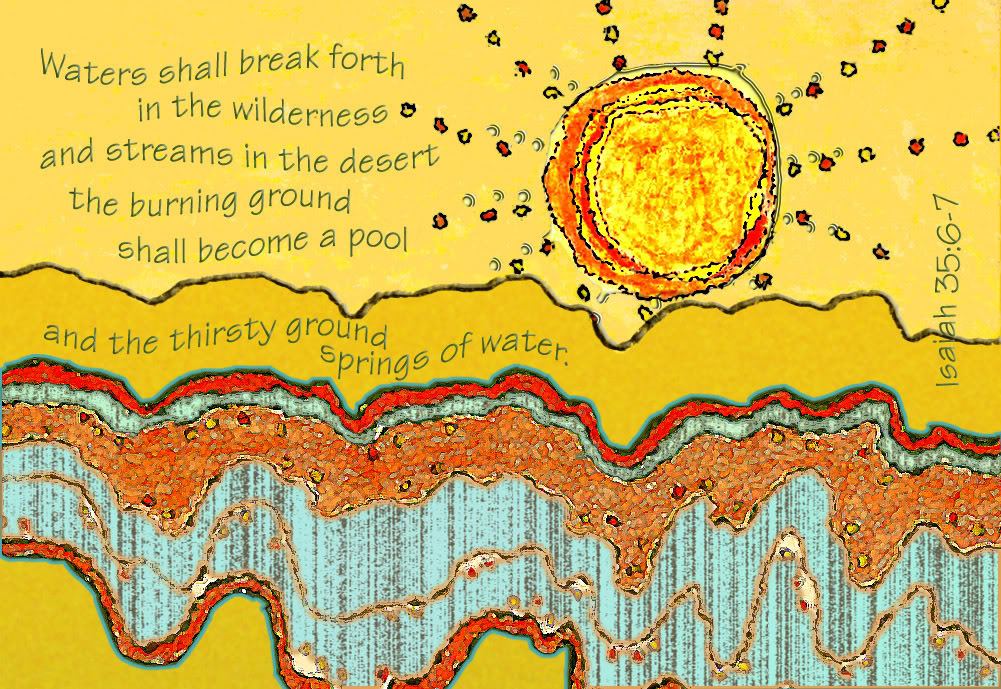 Fools are confirmed: there is no God. None but the vengeful escape. Holy Ways and Holy Days are crushed to gravel. Ransom comes as human flesh, bargained for gold (or oil). Joy is mocked; gladness, a sneer. Sorrow, sadness is all I hear. Those who know say Zion is won only by the barrel of a gun. Is it really so? Tell me, if you can, if you will, if you know: What road is this?
Fools are confirmed: there is no God. None but the vengeful escape. Holy Ways and Holy Days are crushed to gravel. Ransom comes as human flesh, bargained for gold (or oil). Joy is mocked; gladness, a sneer. Sorrow, sadness is all I hear. Those who know say Zion is won only by the barrel of a gun. Is it really so? Tell me, if you can, if you will, if you know: What road is this? Luke expected us to know quite a bit about the backdrop of the stories. His very first line after his introduction: In the days of King Herod of Judea.
Luke expected us to know quite a bit about the backdrop of the stories. His very first line after his introduction: In the days of King Herod of Judea.